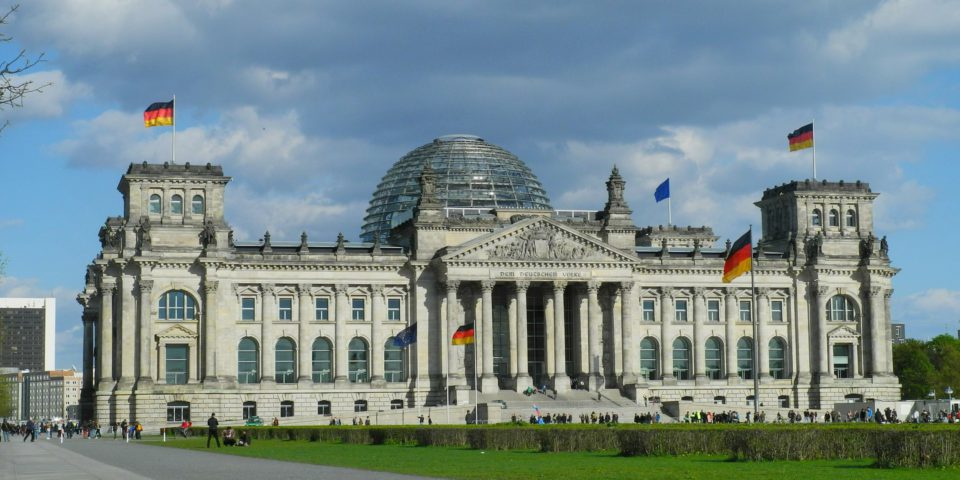By Dan Byrne for AMLi
GERMANY’S RECORD of taking on money launderers paints a bleak picture ahead of the country’s next federal election this weekend, one newspaper has claimed.
In Berlin, the frontrunner for Chancellor Olaf Scholz has faced stark criticism from fellow MPs over his AML record.
At the same time, statistics show a widening gap between the number of suspicious cases occurring in Germany, and the number of reports created to flag them.
All of this has led the prominent Frankfurter Allgemeine to suggest that the current national attitude towards dirty money amounts to a “capitulation.”
“Germany is losing its clout in the fight against money laundering,” business editor Marcus Jung wrote in the paper this week.
“The special unit FIU fails in detection. This can now also harm Finance Minister and Chancellor candidate Olaf Scholz. For years, the number of money laundering offences prosecuted has been declining.”
Scholz is taking centre stage in Germany’s AML debate because, if opinion polls are correct, his SPD party is on course to win the most seats in this Sunday’s election, put him in prime position for Chancellor.
But Scholz is currently Germany’s minister of finance, meaning his department presided over some of the biggest AML blunders in the nation’s history.
Scandals such as Wirecard and the persistent problems with digital bank N26 have made headlines not just nationally, but worldwide, and have raised serious concerns over Germany’s ability to police its own financial system.
“The opposition finds the success rate shameful,” Jung wrote – a nod to the grilling that Scholz received in a parliamentary hearing Monday.
Scholz had initially suggested that he would appear at this hearing via video link, but criticism followed, and he ultimately decided to attend in person.
During the intense session of questioning, it was noted that although the number of suspicious activity reports in Germany has doubled from 2017 to 2020, the number of cases forwarded from the national Financial Intelligence Unit (FIU) to public prosecutors didn’t change much at all.
In all, only 0.25% of these reports led authorities successfully to a case of money laundering in 2020. It was a fact that MPs hit hard on.
“The chaos has been known for years and undermines law enforcement and internal security,” said the hard-left Die Linke’s financial policy spokesperson Fabio De Masi.”
“A success rate of 0.25 percent is statistically hardly measurable and must lead to a jolt in Germany!”
Despite the negative AML attention, Scholz and the SPD still appear on track to win the most seats, the first time the party will have achieved this since 2002. However, the race is narrowing ahead of the public vote, which begins Sunday morning.
Share this on:
Follow us on:











